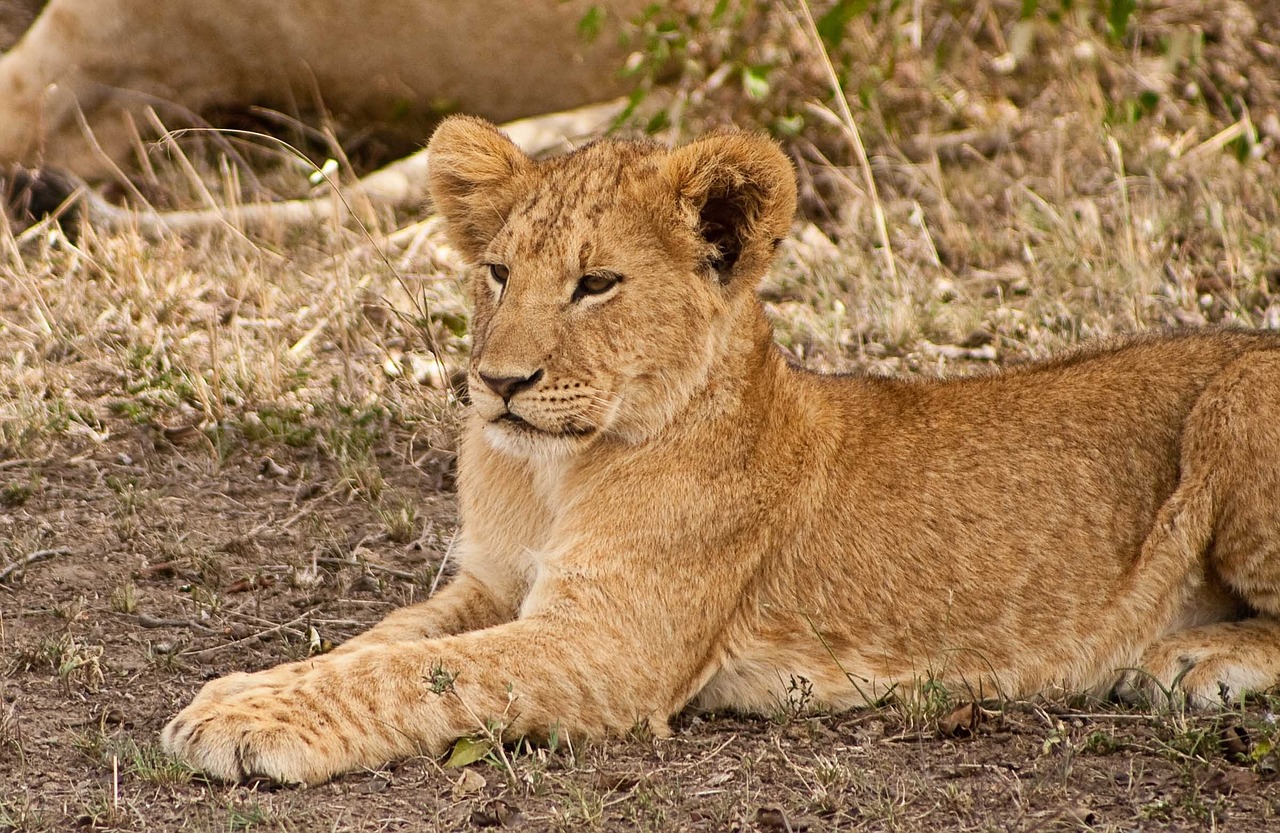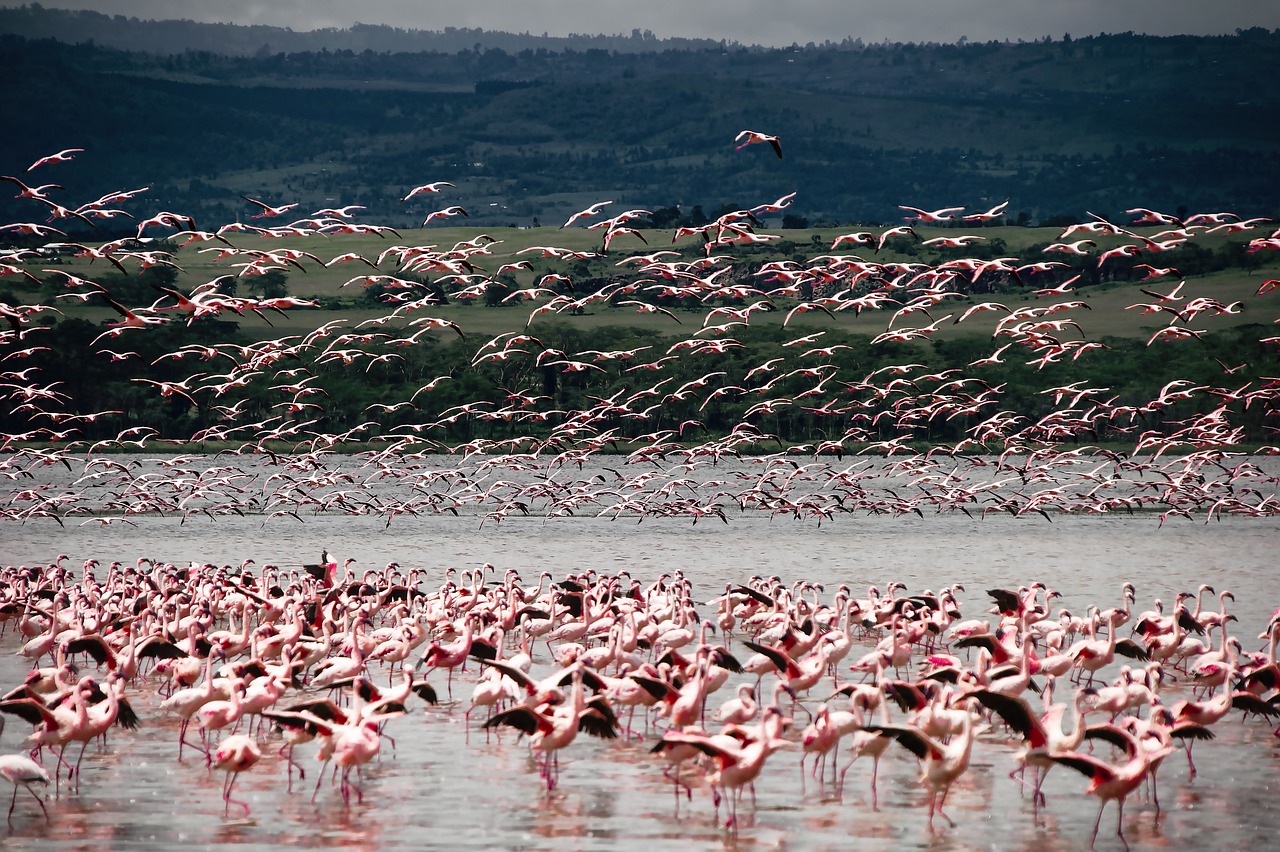Hiring Local Services: Tips for Nomads in Kenya
Kenya, known for its stunning landscapes, diverse wildlife, and vibrant culture, attracts many nomads who are looking to explore and experience this beautiful country. When visiting Kenya, nomads often need to hire local services to enhance their travel experience and make their stay more convenient. Whether it’s finding a reliable taxi service, hiring a local guide, or seeking assistance with accommodation, knowing how to navigate the local services in Kenya can greatly enhance your trip. In this article, we will provide you with tips and insights on hiring local services as a nomad in Kenya.
Transportation Services
When it comes to transportation in Kenya, there are several options available to nomads. Here are some key tips to keep in mind:
- Public Transportation: Kenya has a well-established public transportation system, including buses and matatus (minibusses). While these options are often affordable, they can be crowded and may not always adhere to strict schedules.
- Taxi Services: Hiring a taxi is a convenient way to get around Kenya, especially if you prefer a more private and comfortable experience. Look for reputable taxi services that use metered fares or negotiate the price upfront to avoid any surprises.
- Rideshare Apps: Uber and Bolt (formerly Taxify) operate in major cities in Kenya. These apps provide a convenient and reliable way to book rides and ensure transparent pricing.
Accommodation Services
Finding suitable accommodation is crucial for nomads in Kenya. Here are some tips to consider:
- Hotels and Guesthouses: Kenya offers a wide range of hotels and guesthouses catering to different budgets and preferences. Research and read reviews to find accommodation options that align with your needs.
- Apartments and Vacation Rentals: If you prefer a more independent and home-like experience, consider renting an apartment or vacation home. Websites like Airbnb and Booking.com have listings in various locations across Kenya.
- Hostels: For budget-conscious nomads or those seeking a social atmosphere, hostels are a popular choice. Kenya has numerous hostels that offer shared dormitories or private rooms.
Local Guides and Tour Services
Exploring Kenya’s natural wonders and cultural sites is best done with the help of local guides and tour services. Here’s what you should know:
- Research and Recommendations: Before hiring a local guide or tour service, read reviews, and seek recommendations from fellow travelers or trusted sources. Look for licensed guides who have extensive knowledge of the area.
- Customized Tours: Many tour operators in Kenya offer customized tours that cater to specific interests and preferences. Whether it’s wildlife safaris, cultural experiences, or adventure activities, you can find a tour that suits your needs.
- Group vs. Private Tours: Consider whether you prefer a group or private tour experience. Group tours can be more affordable and provide opportunities to meet fellow travelers, while private tours offer more flexibility and personalized attention.
Medical Services
Taking care of your health while traveling is essential. Here are some tips regarding medical services in Kenya:
- Health Insurance: Ensure that you have comprehensive travel health insurance that covers medical emergencies and evacuation if needed. Check with your insurance provider about coverage in Kenya.
- Medical Facilities: Kenya has both public and private medical facilities. Private hospitals and clinics are generally recommended for their higher standards of care. Research and identify reputable medical facilities in your destination.
- Vaccinations: Before traveling to Kenya, consult with a travel health specialist to determine the necessary vaccinations and medications. Common vaccinations include those for yellow fever, typhoid, and hepatitis A.
Banking and Money Services
Managing your finances while in Kenya is important. Here are some tips for banking and money services:
- Local Currency: The official currency of Kenya is the Kenyan Shilling (KES). Ensure you have enough local currency for small expenses and consider carrying a mix of cash and cards.
- ATMs: ATMs are widely available in major cities and tourist areas. Look for ATMs affiliated with reputable banks to avoid potential scams. Inform your bank about your travel plans to prevent your card from being blocked due to suspicious activity.
- Money Exchange: Exchange currency at authorized bureaus or banks to ensure fair rates and avoid counterfeit money. Be cautious when exchanging money on the street or with unauthorized individuals.
Communication Services
Staying connected with loved ones and accessing the internet is important for nomads. Here are some tips for communication services in Kenya:
- Mobile Network Providers: Kenya has several mobile network providers offering prepaid SIM cards for purchase. Safaricom, Airtel, and Telkom Kenya are the major providers. Compare their coverage, data plans, and rates to choose the most suitable option for your needs.
- Wi-Fi Availability: Many hotels, cafes, and restaurants in urban areas provide Wi-Fi access. However, the quality and reliability of the connection may vary. Consider carrying a portable Wi-Fi device or a local SIM card with a data plan for reliable internet access.
- International Calls: If you need to make international calls, consider using internet-based calling apps like WhatsApp, Skype, or Viber to minimize costs.
Shopping and Souvenirs
Exploring local markets and purchasing souvenirs is a memorable part of any trip. Here are some tips for shopping in Kenya:
- Markets and Craft Centers: Kenya is known for its vibrant markets and craft centers where you can find unique handmade items. Popular markets include Maasai Market in Nairobi and Nakumatt Galleria in Mombasa.
- Bargaining: Bargaining is common in Kenyan markets. Don’t be afraid to negotiate the price, but remember to be respectful and fair in your dealings.
- Authenticity: Be cautious when purchasing souvenirs claiming to be made from endangered species or protected materials. Ensure that your purchases comply with local regulations and support sustainable practices.
Dining and Local Cuisine
Sampling local cuisine is an essential part of experiencing a new culture. Here are some tips for dining in Kenya:
- Traditional Dishes: Kenya offers a variety of traditional dishes, such as Ugali (maize porridge), Nyama Choma (grilled meat), and Sukuma Wiki (collard greens). Explore local restaurants and street food stalls to taste these authentic flavors.
- Food Safety: When dining out, choose restaurants and food stalls that maintain good hygiene practices. Avoid consuming raw or undercooked food and drink bottled or boiled water to stay hydrated.
- Tipping: Tipping is not mandatory in Kenya but is appreciated for good service. Consider tipping around 10% of the bill if you are satisfied with the service.
Kenya Image 1:

Local Etiquette
Understanding and respecting local customs and etiquette is important when visiting Kenya. Here are some key points to keep in mind:
- Greetings: Kenyans generally greet each other with a handshake. Use your right hand and greet people with a smile and a polite “Jambo” (hello).
- Dress Code: Respect local customs by dressing modestly, especially when visiting religious sites or rural areas. In urban areas, casual attire is generally acceptable.
- Photography: Always ask for permission before taking someone’s photo, especially in rural communities. Some cultural sites may have restrictions on photography, so be respectful and follow guidelines.
Kenya Image 2:

Emergency Contacts
Knowing the emergency contacts in Kenya is essential for your safety. Here are some important numbers to keep handy:
- Police: 999
- Ambulance: 999
- Fire Department: 999
Conclusion
Hiring local services as a nomad in Kenya can greatly enhance your travel experience. By following these tips and being prepared, you can navigate the local services with ease and make the most of your time in this beautiful country. Embrace the unique culture, explore the stunning landscapes, and create lasting memories during your time in Kenya.
Kenya Image 3:

References
– safaricom.co.ke
– airtel.co.ke
– telkom.co.ke
– nairobi.maasaimarket.com
– mombasa.nakumatt.net

